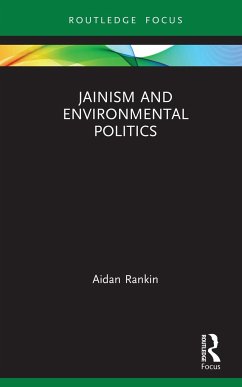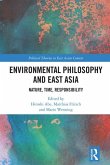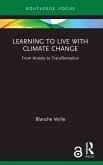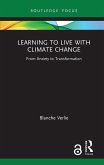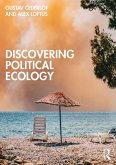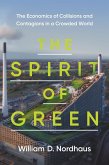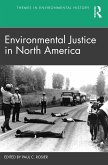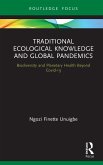This book explores the ways in which the ecologically centred Indian philosophy of Jainism could introduce a new and non-western methodology to environmental politics, with the potential to help the green movement find new audiences and a new voice.
Hinweis: Dieser Artikel kann nur an eine deutsche Lieferadresse ausgeliefert werden.
Hinweis: Dieser Artikel kann nur an eine deutsche Lieferadresse ausgeliefert werden.

